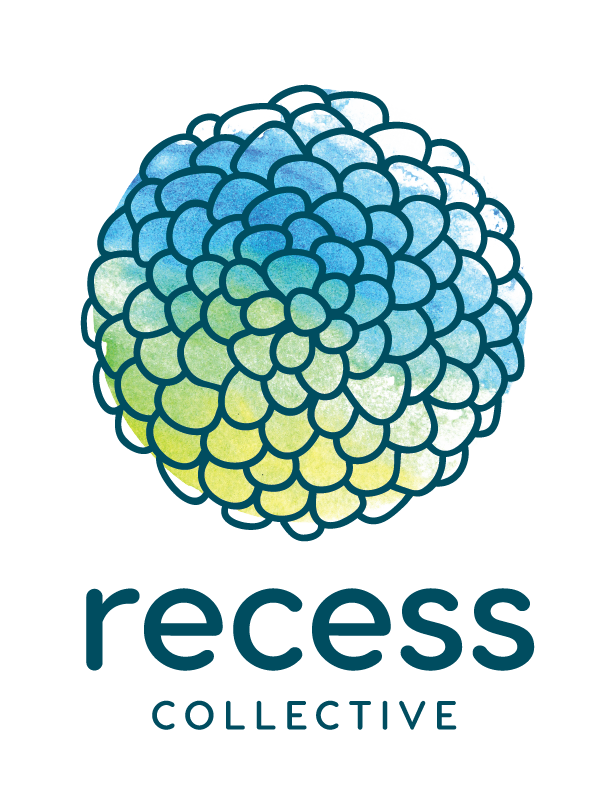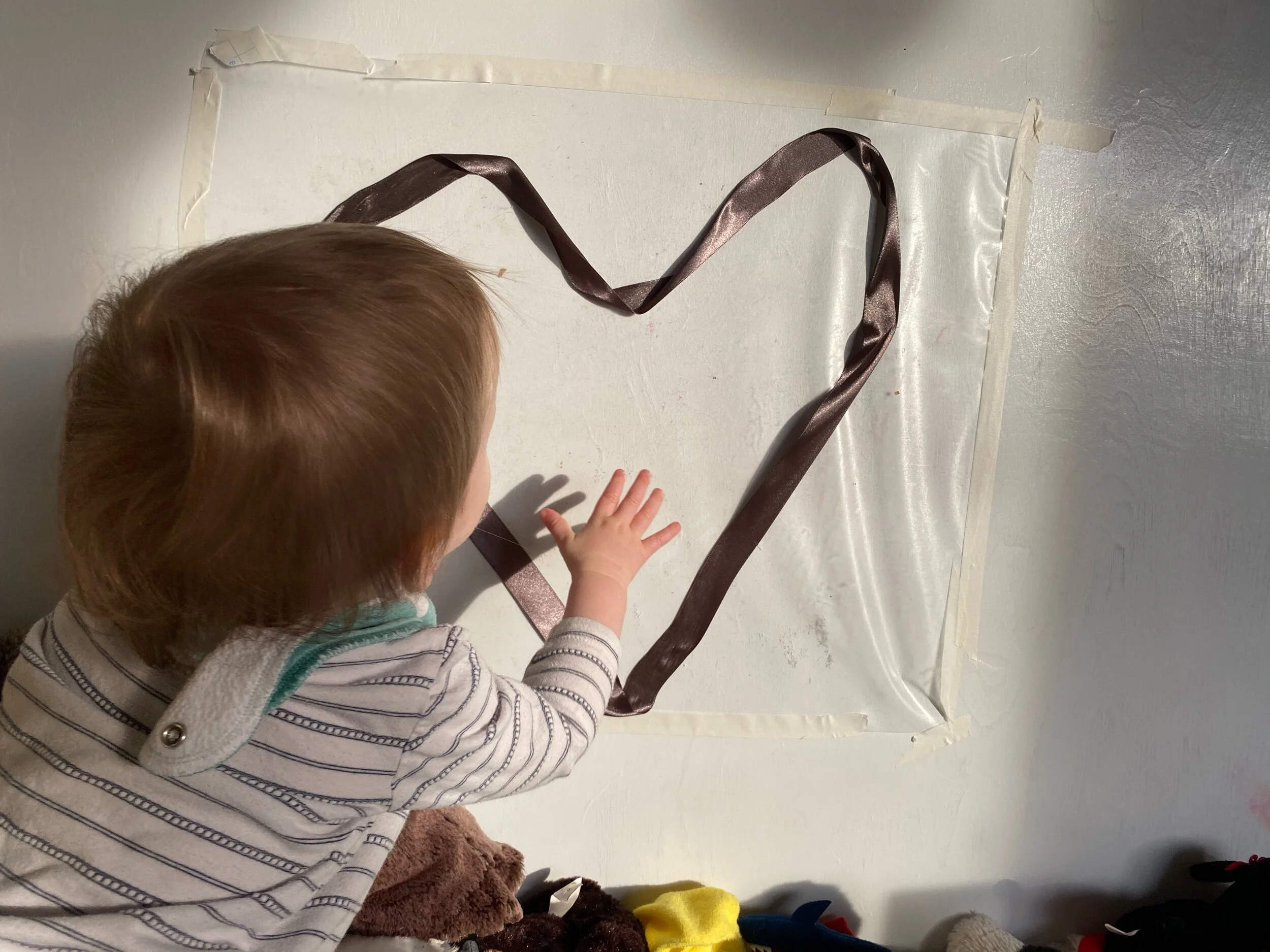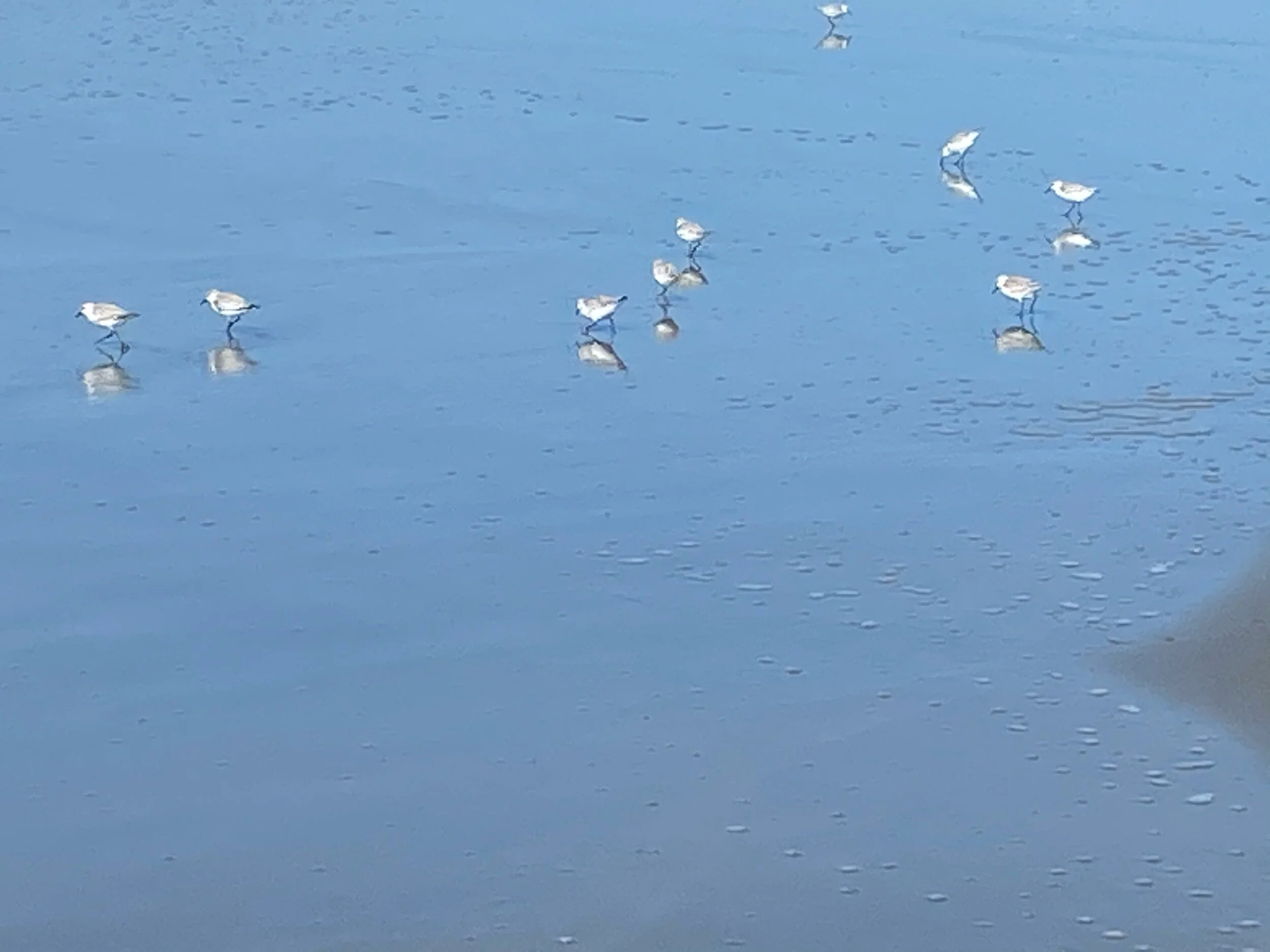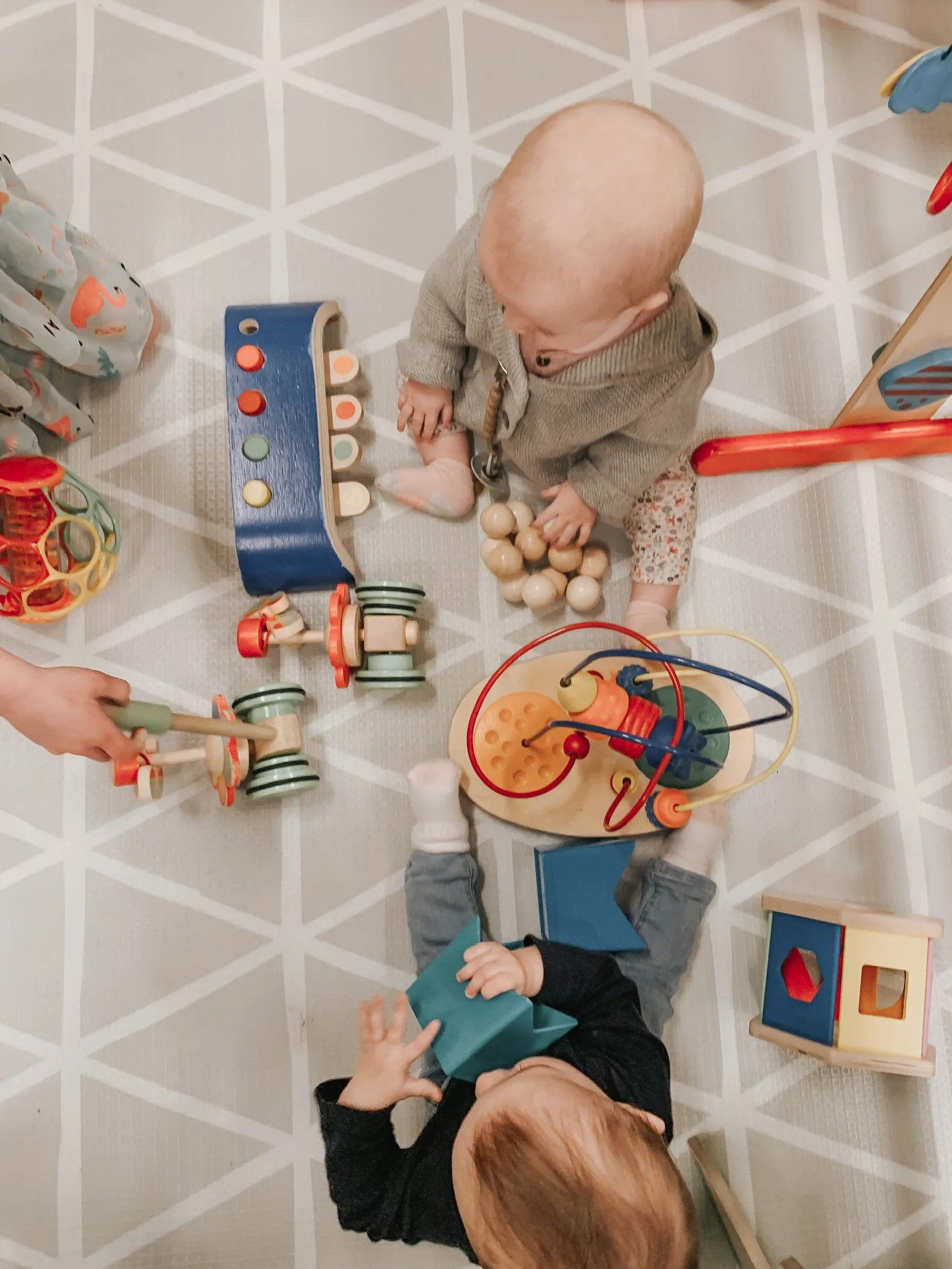Since my daughter could talk in semi-complete sentences, I’ve been invoking the Daddy Handbook as a disciplinary tool, though I’ve never actually shown it to her, and, for all she knows, it doesn’t exist.
“Why do I have to go to bed at 7:30?”
“Because of the Daddy Handbook.”
“I don’t want to buckle my seat belt!”
“Sorry, the Daddy Handbook says you have to. If you don’t, I might lose my daddy privileges.”
Oddly, given my strong-willed and charmingly manipulative daughter, citing the handbook mostly works. She protests less, and with better humor, when I call it out. When she was little the booked tickled her desire for a higher authority, a league of daddies who had carefully thought-out responses to murky situations. It made her feel safe. As she reaches adolescence, her belief that the book is real has diminished, though it remains higher than her faith that the Tooth Fairy is anybody other than me.
It helps that I’ve used the handbook sparingly, and mostly for things that make intuitive sense to her, even if she doesn’t like the rules: sleep, safety, and hygiene. I tried employing the handbook once to get her to do her homework, but quickly abandoned the tactic when it became clear that a book she’s never seen was powerless in the face of the quite real math exercises she held in her hand.
Lately, I’ve had to dip into the book’s more creative recesses to get her attention. A few weeks ago she refused to brush her teeth before bedtime, preferring to play with a half-deflated balloon.
“You gotta brush your teeth,” I said, “it’s in the Daddy Handbook.” She ignored me. “Alright, then,” I continued, “I’ll need to call the tooth brushing guy.” I could see her ears perk up.
“What tooth brushing guy?” she asked. “There’s no tooth brushing guy.”
“Sure, there is,” I replied, “he advertises in the Daddy Handbook. You give him a call, and he’ll come over and brush your children’s teeth. He even does dogs.”
“Huh,” she said, still playing with her balloon, though with diminished intensity.
“I’ll go call him,” I said. As I walked toward the telephone in the other room a strong wind rattled the windows. “Oh, maybe he’s here already.”
“No need, no need,” said my daughter, rushing to the bathroom to brush her teeth.
“Maybe that wasn’t him after all,” I said, as I looked out the window. But by that time my daughter, her teeth freshly scrubbed, was already in bed.








